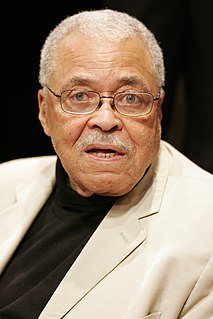A Quote by Robert Nozick
Justice in holdings is historical; it depends upon what actually has happened. We shall return to this point later.
Related Quotes
I actually happened to be in Haiti right before the earthquake in 2010. I was there already with the organization I work with now, Artists for Peace and Justice, visiting the primary school that I had adopted, the Academy for Peace and Justice in Port-au-Prince. I came back, and within days, the earthquake happened.
I know already that I will return to this day whenever I want to. I can bid it alive. Preserve it. There is a still point where the present, the now, winds around itself, and nothing is tangled. The river is not where it begins or ends, but right in the middle point, anchored by what has happened and what is to arrive.
Charity is commendable; everyone should be charitable. But justice aims to create a social order in which, if individuals choose not to be charitable, people still don't go hungry, unschooled or sick without care. Charity depends on the vicissitudes of whim and personal wealth; justice depends on commitment instead of circumstance.








































